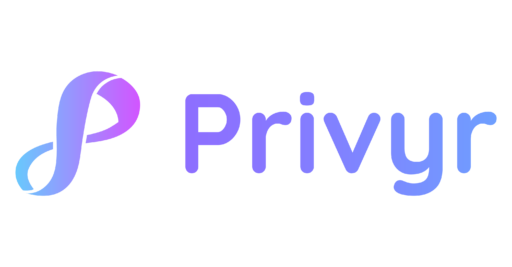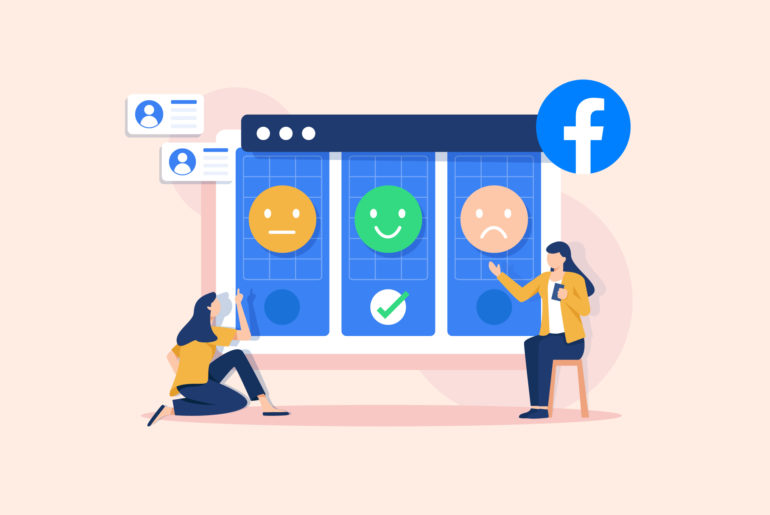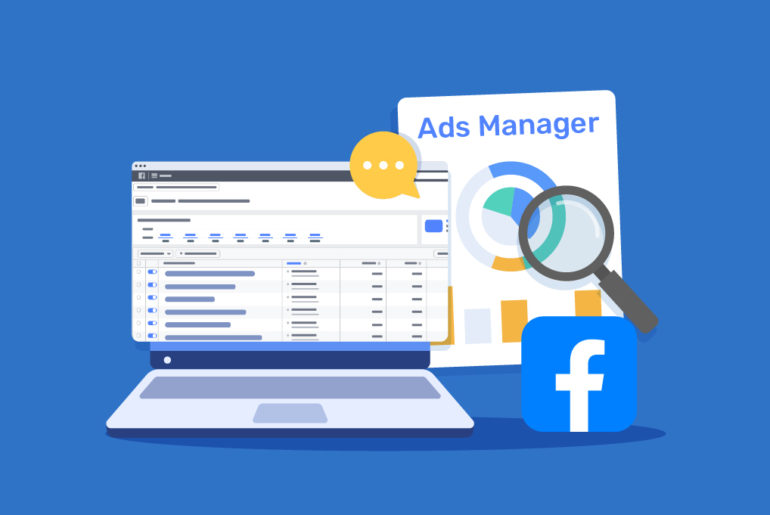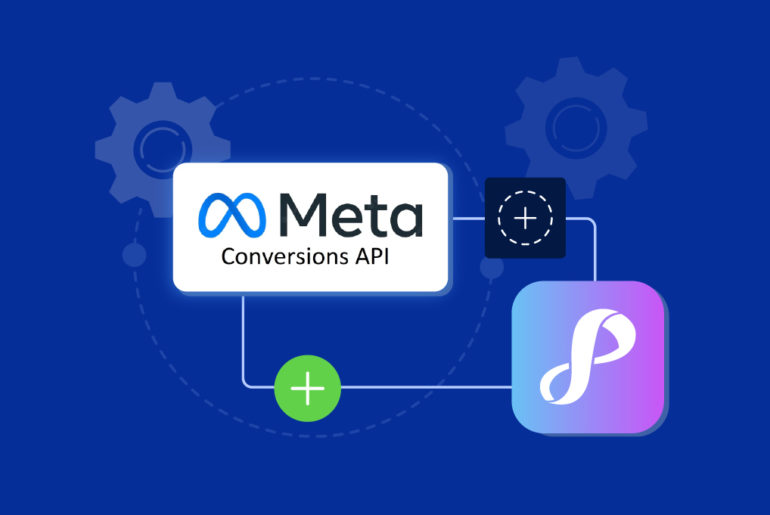Facebook can be an amazing platform to connect with more potential customers and grow the reach of your business.
However, running your own Facebook business page requires a good understanding of Facebook Page and roles. And as you grow your page and reach a wider number of audiences, you’ll need more people to look after the growing activities and ensure that the content shared is relevant, appropriate, and in line with the community standards. And if you’re assigning page roles to people without properly understanding what they are designed to do, things could get a bit confusing.
In this article, we highlight two distinct Facebook Page roles: Analyst and Editor, and discuss the differences between them. Read on to know more about the difference between analyst and editor on Facebook.
Table of Contents:
What is an Analyst?
What is an Editor?
The difference between an Analyst and Editor on Facebook
Conclusion
What is an Analyst on Facebook?
An Analyst of a Facebook page is someone responsible for evaluating the content shared on Facebook and determining its relevance to the community standards. They should understand the community guidelines and ensure that the content shared doesn’t violate any of those standards. Analysts use a combination of automated tools and manual review to assess content and determine whether they are suitable for the platform.
However, a person with the role of an Analyst can only view Facebook insights and see who published the content. Of all the Facebook page roles, the Analyst has the least amount of access to a Facebook page. Nonetheless, the role is essential if you’re publishing regular content for larger audiences.
What is an Editor on Facebook?
A Facebook page Editor is responsible for curating, selecting, and publishing content. Editors find (or create) the most interesting and relevant content for the audience, ensure it’s suitable for the platform, and publish the finalised posts. They may also be responsible for ensuring the content meets your engagement goals, as well as the community standards.
An Editor has much more access to the page compared to the Analyst and most other page roles. They can publish, remove, and edit any content as they see fit. They can publish posts and ads on the page, respond to messages, view insights, and even access linked accounts to the page. However, the Editor can’t add and assign page roles like the Admin does.
The difference between Analyst and Editor on Facebook
Analysts and Editors are two different roles in terms of responsibility and the control they have over a page.
An Analyst is primarily responsible for evaluating and determining the suitability of the content, whereas an Editor’s major responsibility is to curate and publish the content. Analysts play a critical role in ensuring that Facebook is a safe and appropriate platform for all users, while Editors shape the content in a way that is relevant and engaging to the target audience.
If you are looking to enhance your skills in these areas, enrolling in online SQL courses can equip you with valuable data analysis expertise essential for analysts.
Because of their unique responsibilities, Analysts and Editors also have vastly different levels of access. Editors have extensive access to their Facebook pages. They can publish and remove any post. However, keep in mind that an Editor is not an Admin, so they can’t change or assign page roles as Admins do. On the other hand, Analysts can only view the page activities and see who published what.
Conclusion
Analysts and Editors are two important roles crucial to the proper functioning of a Facebook page. While Analysts ensure the content shared on the platform is appropriate, Editors work to make sure the content is relevant and engaging. Both roles are essential in ensuring your Facebook page reaches new people every day, while ensuring a safe and appropriate environment for your audiences.
By the way, if you’re running Facebook lead ads to find more customers, here’s a simple tool you’ll find useful!
Privyr is a mobile-first CRM that helps you convert your Facebook leads and increase your sales by more than 300%. If you’re running Facebook Lead Ads to generate leads online, without a tool, you’re probably spending a lot of time accessing and processing the data. As a result, you’re unable to contact your leads on time and dealing with a poor conversion rate. Privyr automates time-wasting tasks, such as importing Facebook lead data and scheduling follow-up reminders.This frees up your time so you can focus on more important tasks, such as lead nurturing and negotiating. You’ll be reaching out to more clients in a shorter amount of time and soon you’ll see an incredible growth in conversion.
Privyr is free to use and will always be free. Try Privyr today.








